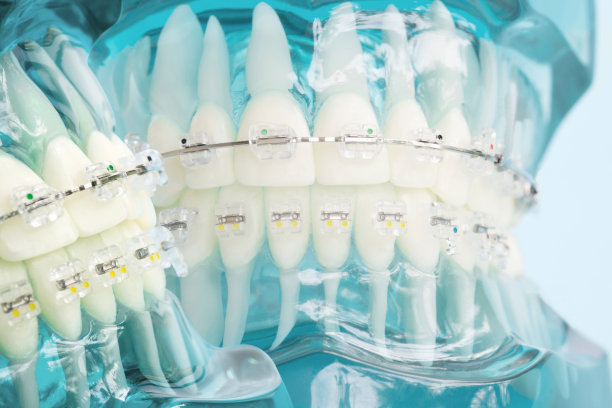The Importance of Extracting a Tooth for Healthy Dental Care and Overall Wellbeing
Summary: Tooth extraction may seem daunting, yet it often plays a critical role in maintaining not just oral health, but overall wellbeing. This article explores the importance of tooth extraction in four distinct areas: prevention of dental complications, enhancement of overall health, improvement in quality of life, and its impact on psychological wellbeing. Each section provides insights into how timely tooth removal can help individuals avoid pain, reduce the risk associated with dental infections, promote systemic health, and ultimately lead to a brighter perspective on life. Understanding these benefits can encourage individuals to prioritize their dental care more effectively and lead healthier lives.
1. Prevention of Dental Complications

Tooth extraction serves as a preventive measure against various dental complications. When a tooth is severely decayed or damaged, it can become a breeding ground for bacteria, leading to infections that may spread to surrounding teeth and gums. Removing the affected tooth helps mitigate this risk and protects overall dental health.
Additionally, advice from dental professionals often highlights the importance of extraction in preventing overcrowding. In cases where teeth are too close together, some may be difficult to clean properly, resulting in plaque buildup and cavities. By extracting a tooth, the remaining teeth can be properly aligned, making dental hygiene more manageable.
Furthermore, impacted wisdom teeth are another common reason for extraction. These teeth can cause pain, swelling, and further complications if not addressed. By extracting wisdom teeth promptly, patients can avoid pain and ensure that their dental structure remains healthy and intact.
2. Enhancement of Overall Health
Tooth extraction can significantly enhance overall health by preventing the spread of infections from the mouth to other parts of the body. Oral infections have been linked to various systemic conditions, including heart disease and diabetes. Thus, addressing issues like gum disease and tooth decay through extraction can reduce the risk of developing these serious health problems.
Moreover, maintaining oral health through tooth extraction can improve nutritional intake. When an extraction is necessary due to decay or disease, it often allows for better chewing and digestion. Having a healthy set of teeth enhances an individual’s ability to eat a balanced diet, which is paramount for sustaining overall health and wellbeing.
Lastly, maintaining a healthy mouth can help in avoiding costly and complicated dental procedures in the future. By addressing dental issues through extraction, patients can save both time and money, leading to a more stable overall health situation.
3. Improvement in Quality of Life
The removal of problematic teeth can greatly improve an individuals quality of life. Those suffering from chronic dental pain often experience difficulties with everyday activities, such as chewing and speaking. By extracting the source of pain, individuals can enjoy their favorite foods and communicate more comfortably without discomfort.
Frequent dental visits due to complications can cause anxiety and stress. Resolving dental issues through extraction can alleviate these fears, allowing patients to enjoy dental visits as part of their regular health maintenance rather than as a distressing necessity.
Additionally, the absence of unsightly or damaged teeth can boost self-esteem and enhance social interactions. Many individuals feel more confident and attractive with a healthy smile, which can lead to improved relationships and a more fulfilling social life.
4. Psychological Wellbeing and Confidence
The psychological impact of dental health cannot be overstated. Individuals who suffer from tooth decay or have visible dental issues may experience low self-esteem and social anxiety. By extracting problematic teeth, patients often feel an immediate improvement in confidence, leading to a more positive self-image.
Moreover, relief from dental pain or discomfort allows individuals to focus on other aspects of their lives without the distraction of oral health issues. This newfound freedom can lead to enhanced productivity and a more optimistic outlook on life.
In the long run, prioritizing dental care and addressing issues through tooth extraction can contribute significantly to mental health stability. The connection between oral health and psychological wellbeing is evident, underscoring the importance of maintaining a healthy smile.
Summary:
In conclusion, tooth extraction is a vital procedure for preserving oral health and enhancing overall wellbeing. By preventing dental complications, promoting systemic health, improving quality of life, and boosting psychological wellbeing, individuals can lead healthier, more fulfilling lives. Understanding these longstanding benefits can empower patients to make informed choices about their dental care.
This article is compiled by Vickong Dental and the content is for reference only.



